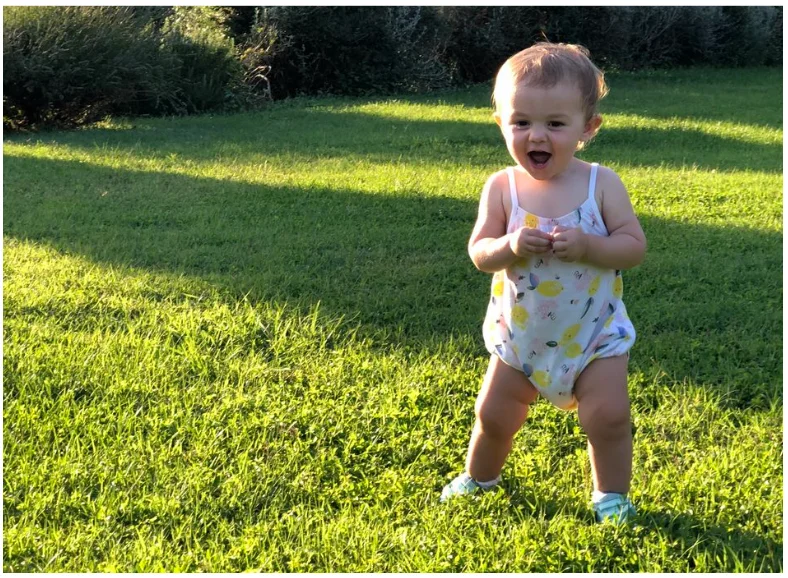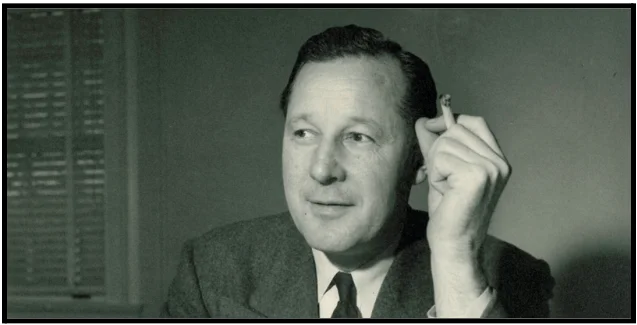One Idea. One Challenge. Once a Week.
“People forget facts, but they remember stories.”
~ Joseph Campbell
This week’s guest columnist is Matt Paprocki. He’s a dear friend and outstanding public speaker who, like most of us, started out awkward and built his excellence over time.
Matt taught me the DIB formula – a simple and effective way to explain what you do at work. And he gave an exemplary TED-style talk last year that I encourage everyone to watch.
Subscribe to Matt’s substack here.
***
A few years ago I got advice that dramatically improved how I tell stories.
It’s simple: every night, write down a few sentences about a moment that mattered to me that day.
That’s all.
Some days, I write something trivial and uninteresting. Like, “Run to work today was a grind. Too hot. Power of habits”.
It was a short reminder that habits can help you do something that you wouldn’t have done otherwise—like run on a 100-degree day.
Other days, my notes can bring me back to a moment in time.
Two years ago I wrote, “Fiona and I ate oranges. Summer. Perfect”.
There is nothing insightful about what I wrote. In fact, it took me less than a minute.
But when I re-read that note, it takes me directly to that moment.
We were in Assisi, Italy. My (then) 2-year-old daughter and I were eating fresh oranges early one morning in the shade of a small lemon orchard. In the distance was the rolling Italian countryside.
Fiona wore a yellow-flowered summer dress. She twirled around while eating her orange. Orange juice dripped down her arm.
I took a bite of my orange, and a breeze blew by. I could smell the sharp zest from the lemon trees.
For a moment, Fiona’s dress stopped spinning as she looked at me and smiled. Not just a smile with her mouth, but a smile with her eyes.
I felt like my heart was about to explode.
I was overwhelmed by pure happiness and gratitude that I was her dad. God gave her to me, and this moment was perfect.
And all at once, my mind left the moment. I stopped being present. The lizard brain that Bob talks about took over.
My heart started racing and I panicked, thinking that one day my little girl would grow up. One day, I would no longer be enough to make her happy. One day, she wouldn’t want to spend her summer days with her dad.
All at once, I prayed I could freeze time, and I regretted not being a better father. Why haven’t I soaked up every minute with this sweet, innocent, beautiful little girl?
And then I felt the juice of my orange trickle down my arm, and I snapped back.
Fiona was still in front of me, twirling. Hair glistening like gold in the sun. And it was perfect.
The gift of writing one line a day is that this moment now lives with me forever. As I type, this memory is not an event that happened last year. It is the present.
It’s a reminder to enjoy every day, every moment with my daughter the way I would enjoy a $500 bottle of wine. Something so precious and rare, that I need to savor every minute.
If I had not written that one line, the memory may have been lost to me forever.
So how do I use it? Every time I need to find a story, for a speech, for a donor meeting, I look at my journal where I write a few lines a day.
Bob has written before about the power of this habit.
In less than a minute a day, a few lines can bring back a vivid memory that improves your storytelling forever.
“Fiona and I ate oranges. Summer. Perfect.”
***
![]() IDEA
IDEA
Make time to capture memories.
Take a moment to write down a moment from today, no matter how small. Find a time each day to do this for a week.
***
In the words of Bob Ewing: “Cheers,”
Matt
If you find this useful, please subscribe to our free weekly newsletter.
If you’d like to read more from Matt, subscribe to his newsletter here: https://mattpaprocki.substack.com/




